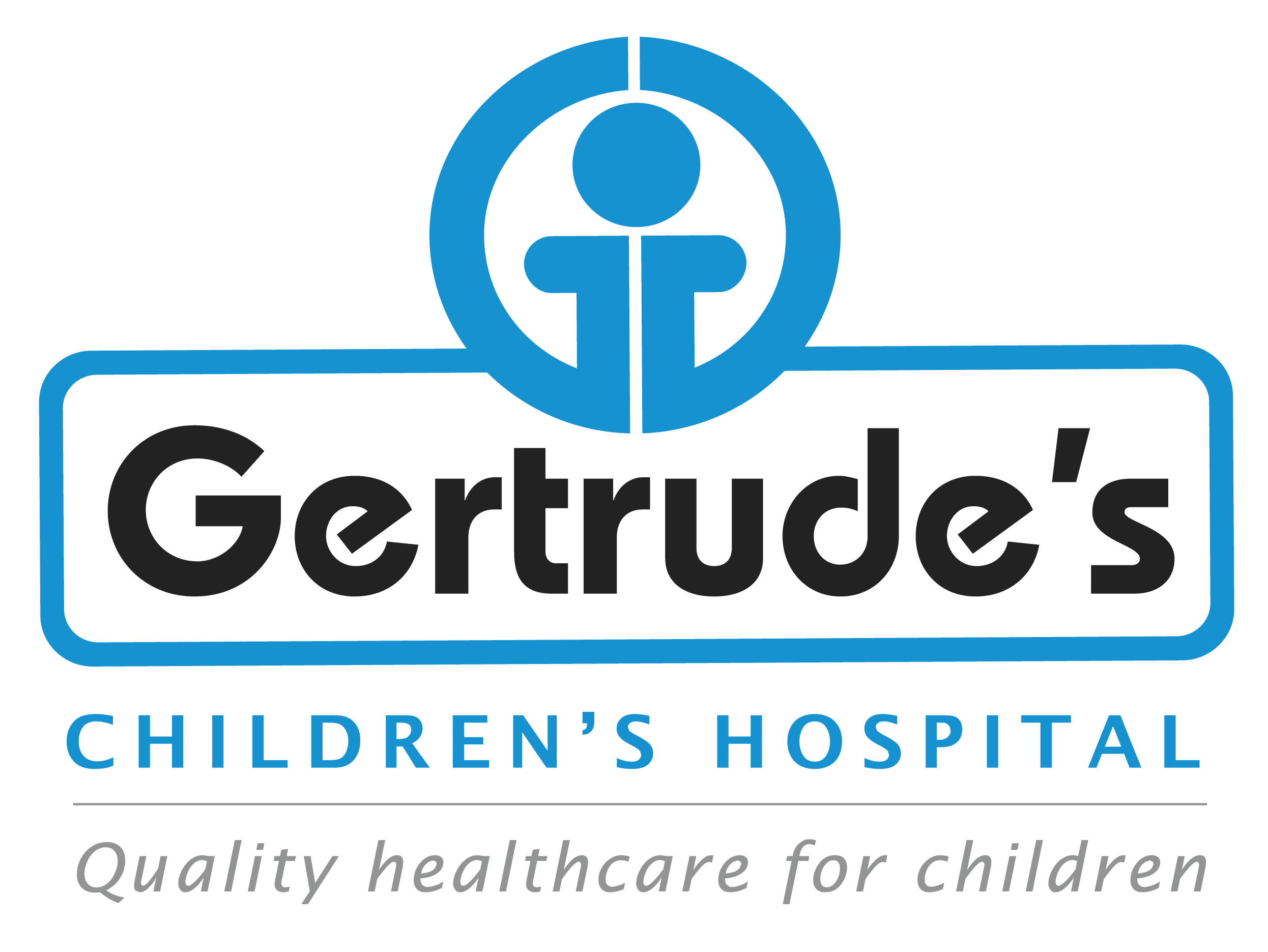Angular cheilitis is a common condition characterized by red, swollen patches and cracks at the corners of the mouth. It can affect one or both sides and often causes discomfort, pain, and difficulty eating or speaking. Unlike cold sores, which are caused by a virus, angular cheilitis is not contagious.
Symptoms
Common symptoms of angular cheilitis include:
• Cracks or fissures at the corners of the mouth.
• Redness and swelling in the affected areas.
• Pain or tenderness, especially when opening the mouth.
• Dryness and crusting around the corners of the lips.
• Cracks or fissures at the corners of the mouth.
• Redness and swelling in the affected areas.
• Pain or tenderness, especially when opening the mouth.
• Dryness and crusting around the corners of the lips.
Causes
Angular cheilitis can be caused by several factors, including:
• Fungal Infections: Often due to Candida (yeast) overgrowth.
• Bacterial Infections: Staphylococcus bacteria can also cause infections in the cracked skin.
• Nutritional Deficiencies: Deficiencies in vitamins B2 (riboflavin), B3 (niacin), B6 (pyridoxine), B12, iron, or folate can contribute to the condition.
• Ill-fitting Dentures: Poorly fitting dentures can cause saliva to pool at the corners of the mouth, leading to irritation and infection.
• Chronic Conditions: Conditions like diabetes or inflammatory bowel disease may increase susceptibility.
• Fungal Infections: Often due to Candida (yeast) overgrowth.
• Bacterial Infections: Staphylococcus bacteria can also cause infections in the cracked skin.
• Nutritional Deficiencies: Deficiencies in vitamins B2 (riboflavin), B3 (niacin), B6 (pyridoxine), B12, iron, or folate can contribute to the condition.
• Ill-fitting Dentures: Poorly fitting dentures can cause saliva to pool at the corners of the mouth, leading to irritation and infection.
• Chronic Conditions: Conditions like diabetes or inflammatory bowel disease may increase susceptibility.
Diagnosis
Diagnosis typically involves:
• Physical Examination: A healthcare provider will inspect the affected areas and assess symptoms.
• Medical History: Discussing any underlying health issues or dietary habits.
• Culture Tests: In some cases, swabs may be taken to identify fungal or bacterial infections.
• Physical Examination: A healthcare provider will inspect the affected areas and assess symptoms.
• Medical History: Discussing any underlying health issues or dietary habits.
• Culture Tests: In some cases, swabs may be taken to identify fungal or bacterial infections.
Treatment Options
Treatment for angular cheilitis focuses on addressing the underlying cause and may include:
• Topical Antifungal Creams: Such as clotrimazole or miconazole to treat fungal infections.
• Topical Antibiotics: If a bacterial infection is present, creams like mupirocin may be prescribed.
• Nutritional Supplements: If deficiencies are identified, dietary changes or supplements may be recommended.
• Topical Steroids: To reduce inflammation and promote healing in severe cases.
• Moisturizers: Applying lip balm or petroleum jelly can help keep the area hydrated and prevent further cracking.
• Topical Antifungal Creams: Such as clotrimazole or miconazole to treat fungal infections.
• Topical Antibiotics: If a bacterial infection is present, creams like mupirocin may be prescribed.
• Nutritional Supplements: If deficiencies are identified, dietary changes or supplements may be recommended.
• Topical Steroids: To reduce inflammation and promote healing in severe cases.
• Moisturizers: Applying lip balm or petroleum jelly can help keep the area hydrated and prevent further cracking.
Frequently Asked Questions
Q: Is angular cheilitis contagious?
A: No, angular cheilitis is not contagious; it cannot be spread from person to person.
Q: How long does treatment take?
A: Mild cases typically improve within two weeks of starting treatment; more severe cases may take longer.
Q: Can angular cheilitis come back?
A: Yes, it can recur if underlying causes are not addressed; regular follow-ups are important.
Contact
Please feel free to contact us with any general or medical enquiry by calling us.





